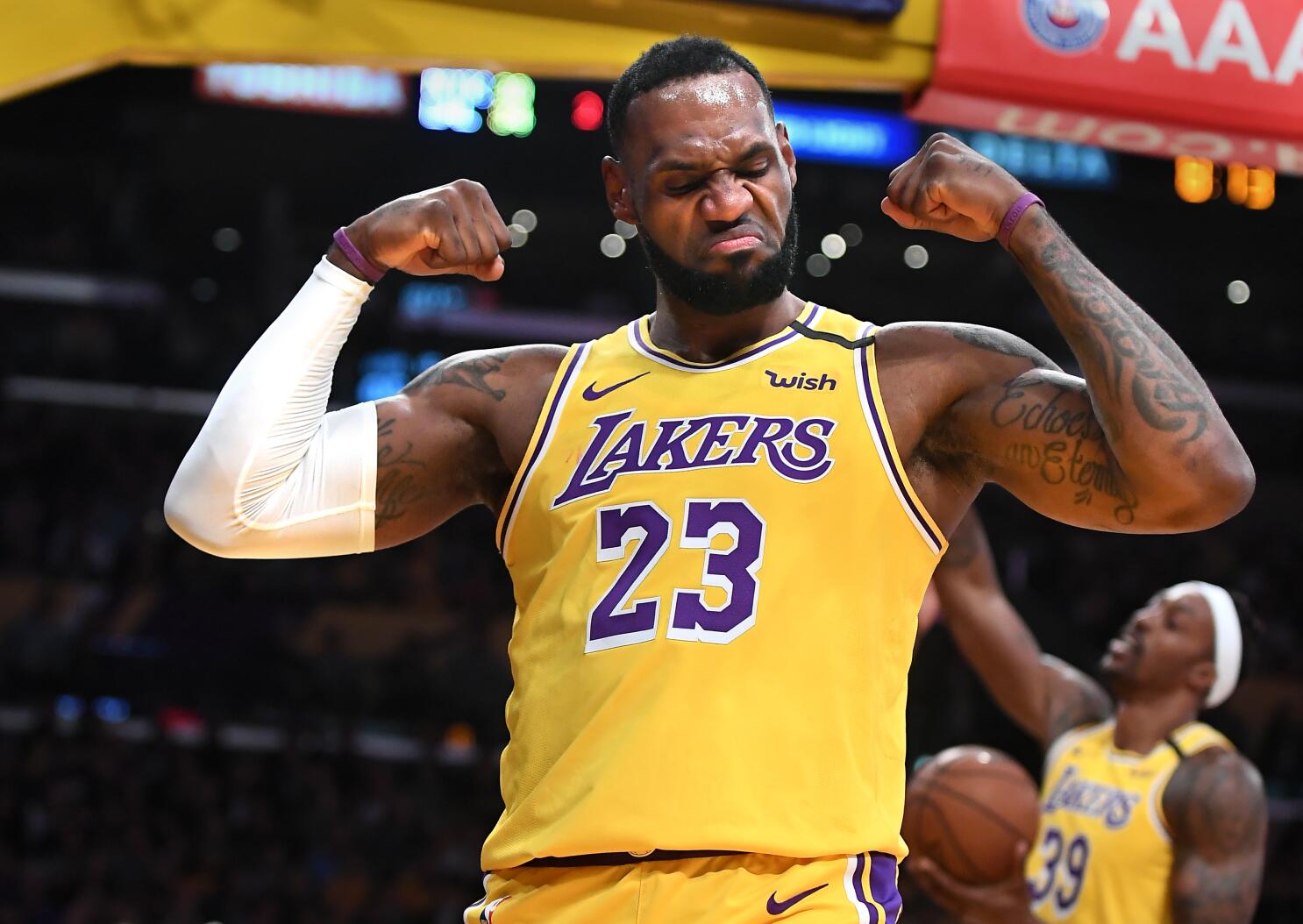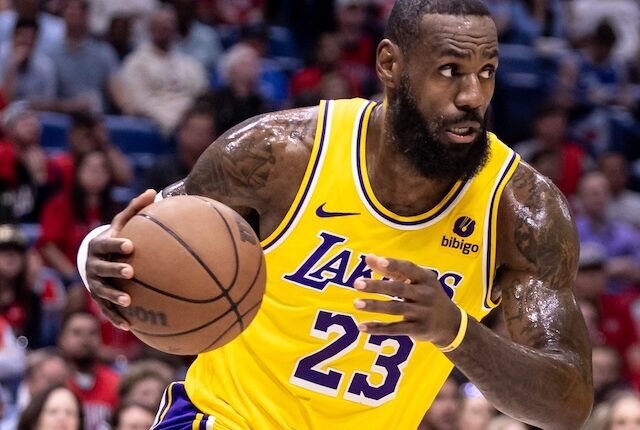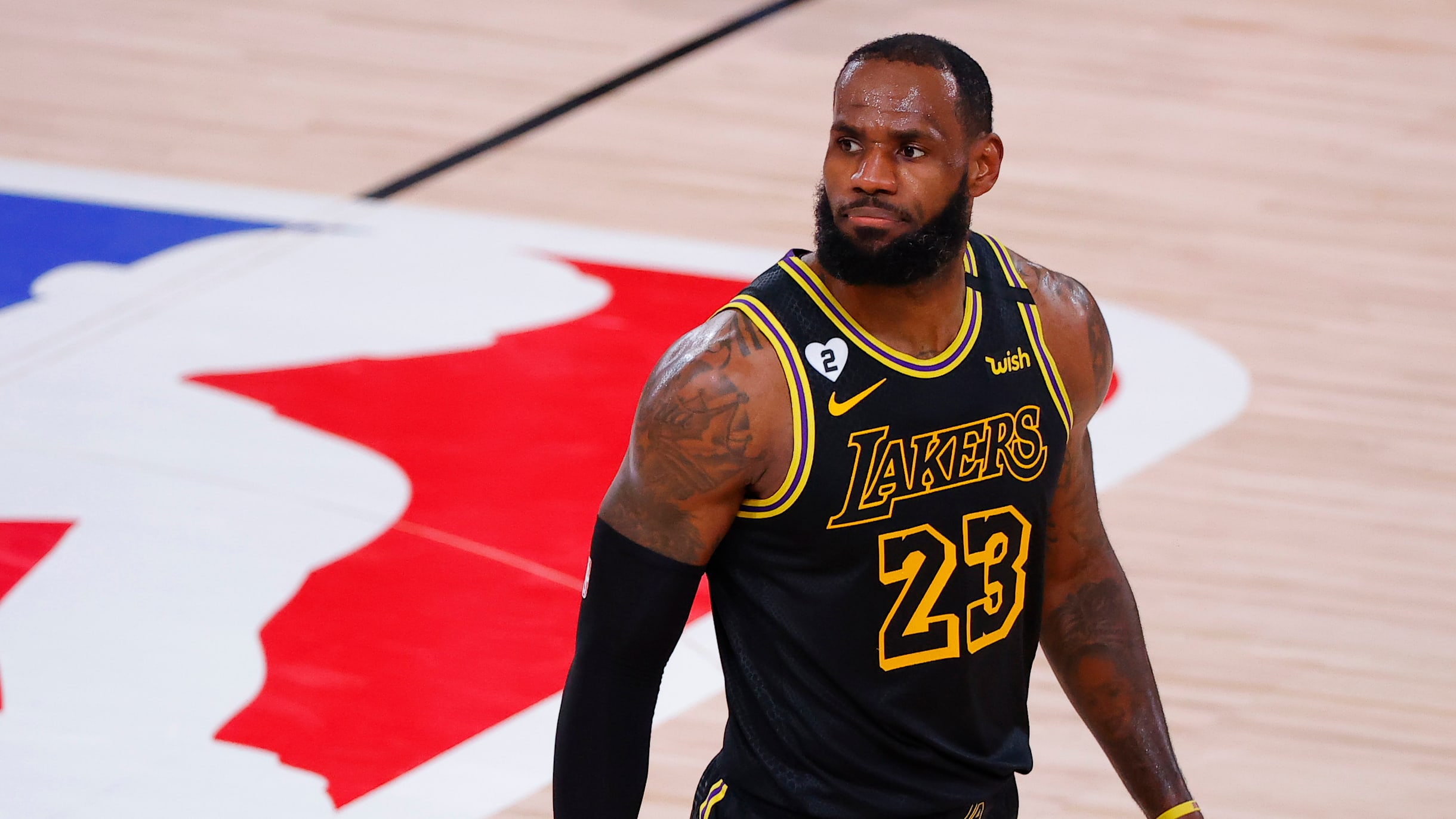
The sports world was rocked recently by the unexpected and controversial news that LeBron James, one of the most iconic figures in basketball, was removed from the US national team. The incident, coupled with the inflammatory remark “Go to China Now,” has ignited a firestorm of discussion and debate across various platforms, highlighting the intersection of sports, politics, and global relations.
LeBron James, often heralded as one of the greatest basketball players of all time, has been a pivotal figure for both the NBA and the US national team. His contributions on the court are matched by his influence off it, where he has used his platform to speak on social justice issues and advocate for various causes. This latest development marks a significant moment in his illustrious career, raising questions about the motivations behind such a drastic decision.
The phrase “Go to China Now” has particular resonance given the complex and often contentious relationship between the NBA and China. In recent years, the NBA has faced criticism over its ties to China, especially in the context of human rights concerns and political tensions. LeBron James himself has been a central figure in this controversy, facing backlash for his comments on the situation in Hong Kong and the NBA’s business interests in China. This backdrop adds layers of meaning to the directive and suggests that his removal from the US team may be more than a mere sporting decision.
From a sports perspective, LeBron’s removal is significant. As a player with unmatched skills and experience, his absence will undoubtedly impact the team’s performance and strategy. The US national team has relied on his leadership and talent in numerous international competitions, and his sudden departure leaves a void that will be challenging to fill. This move could potentially affect the team’s prospects in upcoming tournaments, adding an element of unpredictability to their future performances.

Politically, the decision has sparked intense debate. Some view it as a necessary stance against perceived hypocrisy and the entanglement of sports and politics, while others see it as an unfair and overly harsh punishment for an athlete who has consistently spoken his mind. The remark “Go to China Now” is particularly loaded, reflecting broader geopolitical tensions and the scrutiny athletes face when they engage in political discourse. This incident underscores the difficult balance athletes must strike between their professional responsibilities and their personal beliefs.
LeBron’s removal also highlights the growing trend of athlete activism and the powerful role sports figures play in shaping public opinion and discourse. Athletes like LeBron, who use their platforms to address societal issues, often find themselves at the center of controversy. Their influence extends beyond the court, field, or arena, making them key players in broader cultural and political conversations. This incident serves as a reminder of the challenges they face in navigating these roles and the potential repercussions of their public stances.
In conclusion, the removal of LeBron James from the US national team, accompanied by the contentious remark “Go to China Now,” marks a significant and multifaceted moment in the world of sports. It raises important questions about the interplay between sports, politics, and global relations, and the role of athletes in this dynamic. As the situation continues to unfold, it will undoubtedly spark further discussion and debate, both within the sports community and beyond. This incident serves as a poignant reminder of the powerful and often precarious position that athletes like LeBron James occupy in today’s complex and interconnected world.

